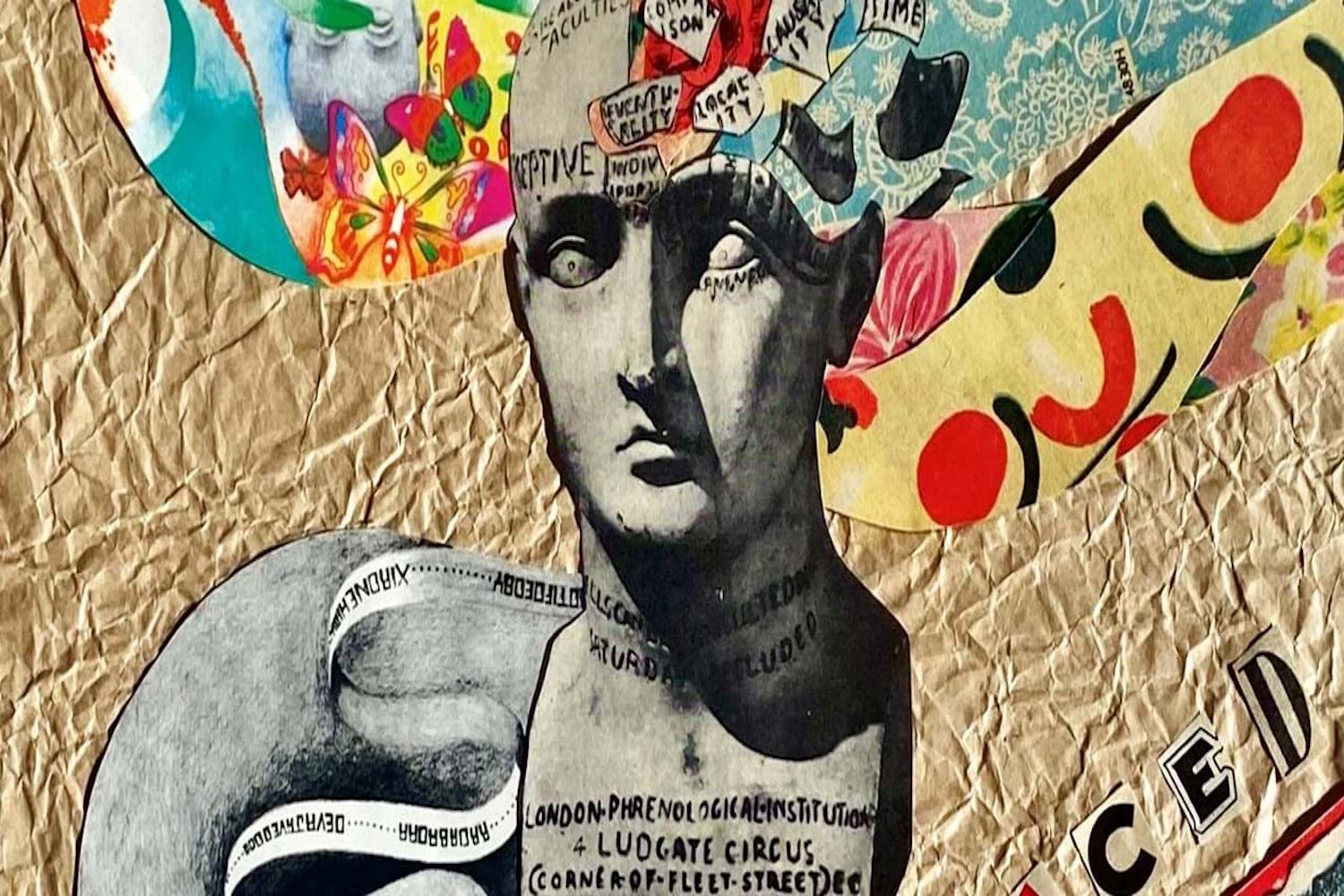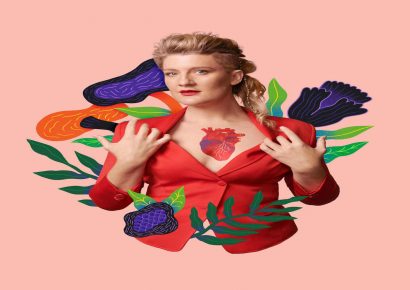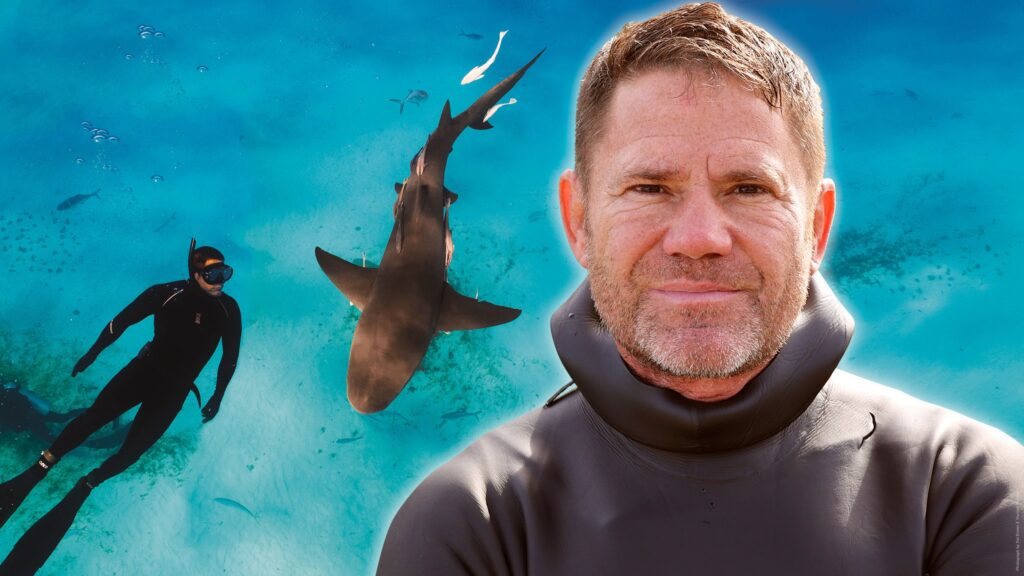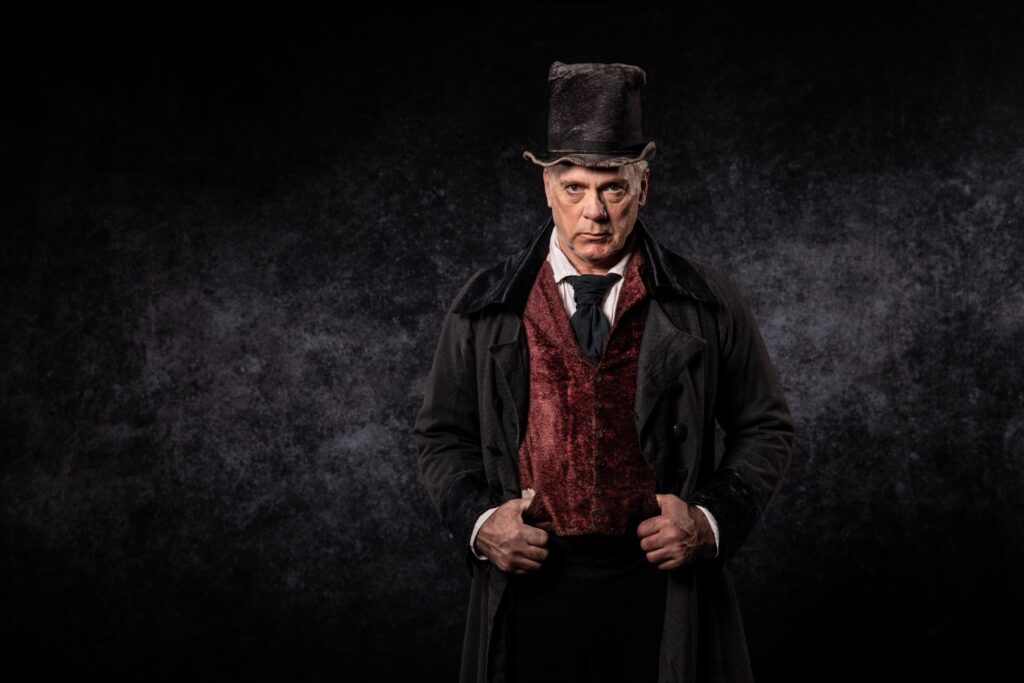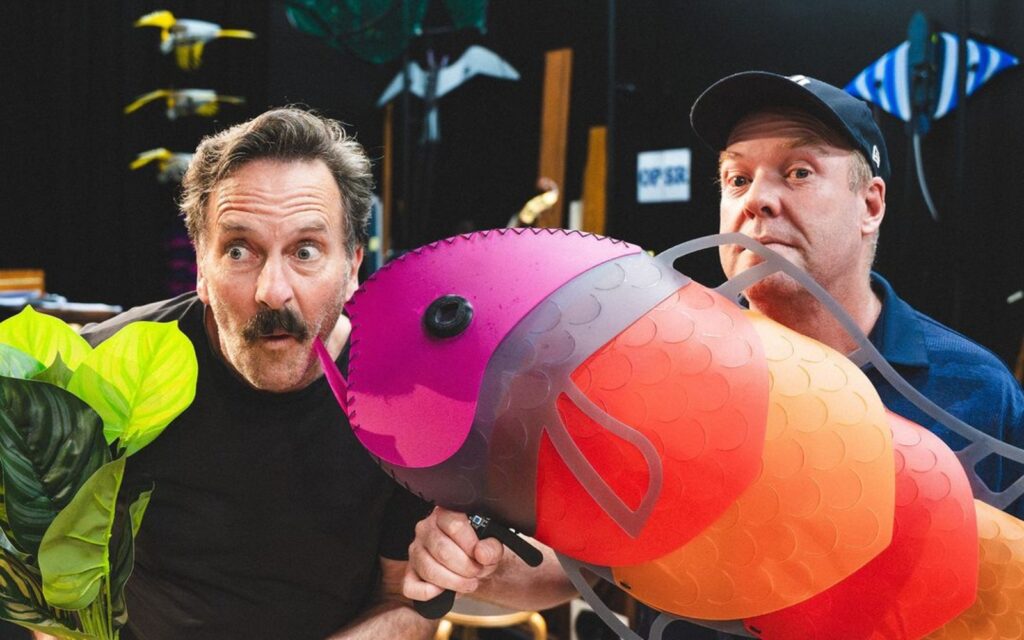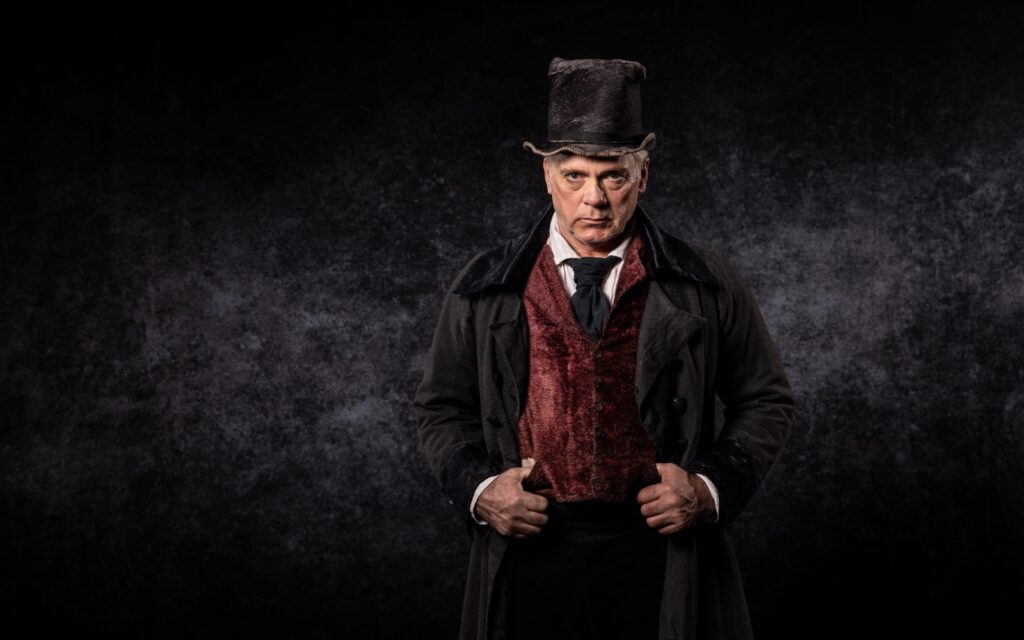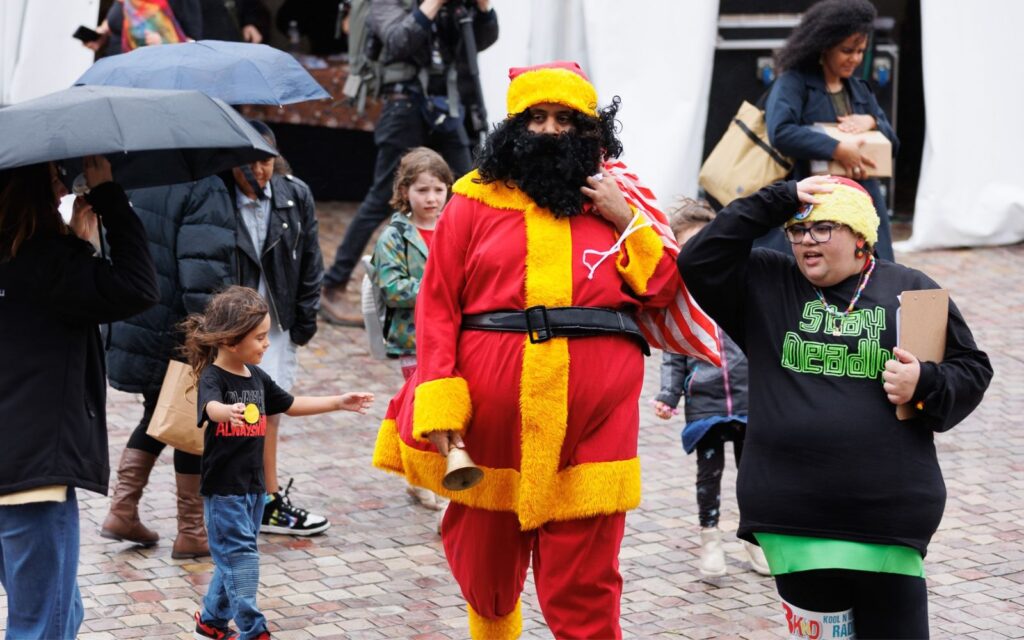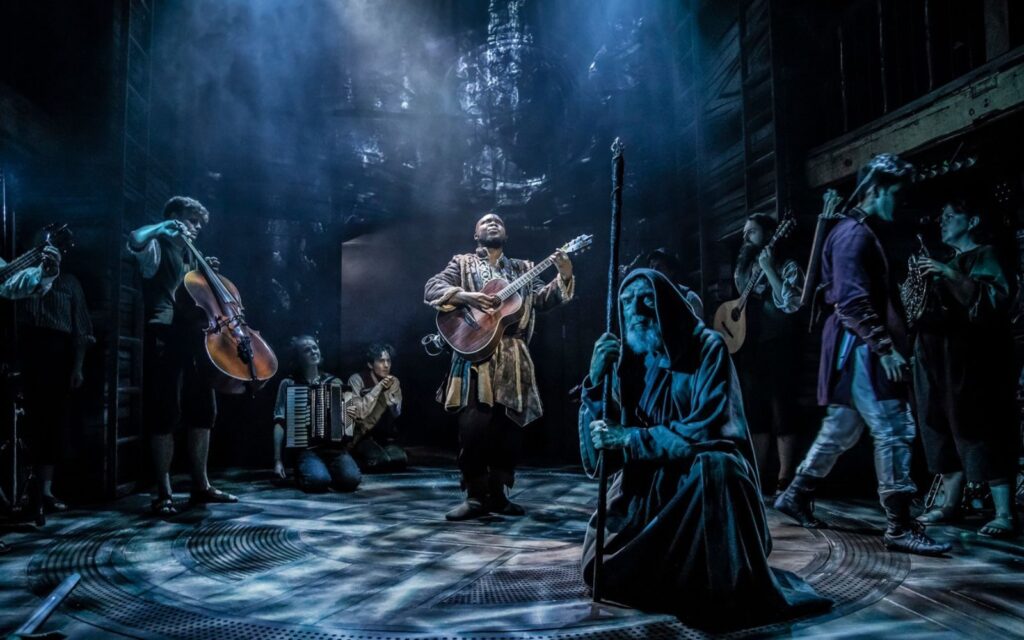One of FUSE Festival's highlights this season will be the taboo-tackling Spaced by disabled artist Jess Kapuscinski Evans.
Spaced is an online performance and Zine that showcases the versatility and theatrical nous of of its creator, Jess Kapuscinski Evans.
It’s aim is to tackle the taboo questions and stigma surrounding physical impairment and mental illness, with spearheading questions like ‘Does art makes you mentally ill or do you have to be mentally ill to make art?”
It’s a combination of traumatic, challenging, entertaining and captivating performance art, that deals with issues many Australians are barely aware of.
What you need to know
- Spaced is an online performance and Zine this Thursday at 6:30pm
- It’s produced by the Waiting Room Arts Company
- It’s part of the City of Darebin’s FUSE Digital festival and starts online September 9
Stay up to date with what’s happening in Melbourne here.
“Audiences can expect to see visual art, poetry and dance,” Kapuscinski Evans says.
“They can expect to see people with lived experiences of trauma but also stories of the comfort of finding their community and a desire to educate people about what it is like to be them. We also pay reference to the fact that the incidence of conditions such as anxiety and depression have gone up due to the COVID-19 pandemic, and the fact that our deaf / disability community has been uniquely affected.
“We also wanted to demonstrate disability as a fluid and fluctuating identity as many people’s conditions change on a daily basis. We wanted to convey the idea that some deaf folk identify as a language minority group rather than as part of the disability community because there are continuous attempts to limit the number of deaf and hearing people who can sign. Speaking of language, we touched on the problem of slurs used largely by non-disabled people who don’t realise the hurt that these words have for our community.
“We show the beauty and chaos that is the disability and deaf experience, and what it is like to express yourself and not be listened to.”
The sheer size and scope of the operation is particularly impressive, packing a vast array of artistic mediums to unpack a huge diversity of social issues. Kapuscinski Evans says that it’s the kind of artistic program she wishes she had access to when she was younger.
“I did a lot of theatre and music as a child at school and on weekends,” she continues. “I was inspired by the strange combination of Shakespeare and Savage Garden when I was 13 and knew that I wanted to do something in the arts.
“I was lucky enough to do work experience at a disability organisation but didn’t know that there was a thriving disability arts community around me because I was the only quadriplegic student at my mainstream secondary school, and none of the books, plays and music I had to study at school had disability at their centre.
“I don’t regret being at a mainstream school because special schools don’t provide adequate education in my opinion, but it meant that I had to seek out my own community. My mother also gifted me with the TV show “Quads” and the movie “Coming Home” which began an interest in storytelling and disability.
“I discovered poetry at Uni including Emily Dickinson, who may or may not have been neurodiverse in some way. After being involved in the disability community for a period of time, I became aware of the divides between people with different lived experiences. Spaced is one of many attempts to reduce the infighting in this case between people with physical impairments, people who are deaf and people who have psycho-social disabilities.”
She says that the process of creating such a frank and honest has been cathartic, painful, and revelatory.
“It helped the group as a whole to understand each other‘s perspectives,” she says. “That within society, it’s not as simple as saying that ‘We should or should not cure disability’, but rather to have more nuanced discussions about the role of medicine versus other supports and advocacy.
“I imagine and remind myself that it’s not just my story but other people‘s as well, in order to keep myself from sliding back into a funk.
“I wrote about my lived experiences but most of my research was reading other people’s stories online first to get a sense of who-was-saying-what in the mental health space. This is because, although I have been anxious and quadriplegic for a long time, I had educate myself about some of the issues at stake.
“Audiences may find Spaced triggering but hopefully as cathartic and uplifting as it has been for us as a group of artists to create.
“We also hope that this is not the last you will see of Spaced, so stay in touch with the Waiting Room Arts Company via our website or Facebook page.“
Visit FUSE Festival’s website to see the full events program and schedule, or follow them on Facebook here and Instagram here.
